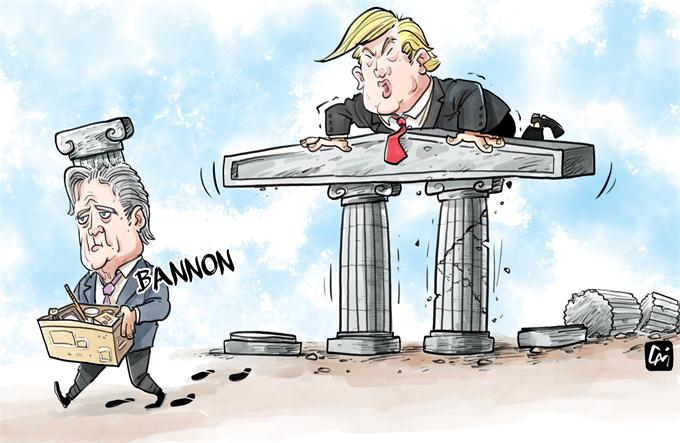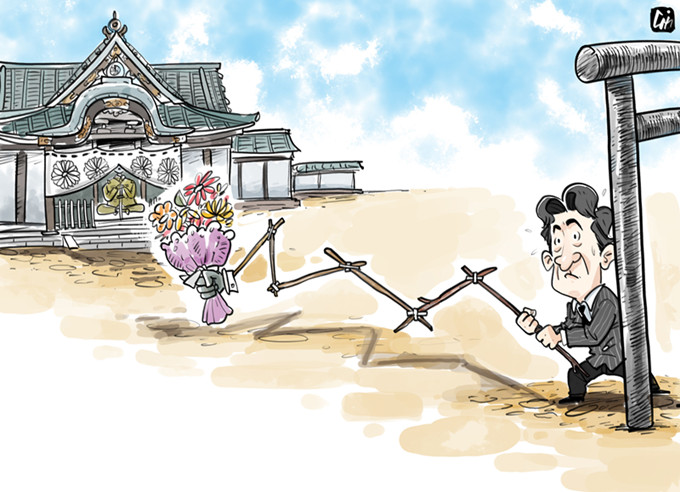Sanctions not a silver bullet
The US Treasury Department announced sanctions on Tuesday on 16 entities and individuals, mostly Chinese and Russian, for alleged business ties with the nuclear/missile programs of the Democratic People's Republic of Korea.
The decision came less than two months after the US Treasury imposed such so-called secondary sanctions on a bank, a shipping company and two individuals from China.
The US Treasury claims that its actions complement United Nations Security Council Resolution 2371 enacted on Aug 5.
China has not only endorsed UNSC Resolution 2371, but earnestly implemented all the relevant resolutions on the DPRK. However, it opposes the unilateral sanctions imposed by the United States outside the UN Security Council framework. China has also stated that it opposes such "long-arm jurisdiction" by any other country using their domestic laws against Chinese entities or individuals.
The US has long believed that sanctions are a silver bullet. But the majority of sanctions have not only failed but also caused humanitarian disasters in other countries. And there is little doubt that such secondary sanctions will have little effect in persuading the DPRK to change course.
However, the Tuesday announcement highlights the lack of trust and cooperation between the US on the one hand and China and Russia on the other.
The announcement comes at a time when the US has repeatedly ignored the calls from China and Russia for a dual suspension-the US and the Republic of Korea halt their large military drills while the DPRK halts its missile and nuclear tests.
The US always blames the DPRK for the failure to denuclearize the Korean Peninsula, and never wants to acknowledge that its own behavior, such as breaking its promise to deliver two light water reactors to the DPRK in time under a 1994 agreement, or imposing financial sanctions on the DPRK soon after a joint statement from the Six-Party Talks in 2005, has contributed to the current impasse.
Its approach is part of the problem rather than being a means to find a solution.



















